Description
SALTWATER FISH IS FOR ONLINE ORDER AND PRE-ORDER ONLY (NOT FOR IN STORE PURSHASES)
Common Names: Harlequin Shrimp, Sea Star Shrimp Natural Habitat: Primarily found in the warm waters of the Indo-Pacific, particularly among coral reefs, where they inhabit crevices and caves. Physical Characteristics: Appearance: Known for its striking coloration, featuring a vibrant blue and orange pattern that resembles a harlequin costume; the body is flattened with long, slender legs and specialized claws. Size: Typically reaches a size of about 2 inches (5 cm). Lifespan: Can live for approximately 3 to 5 years in captivity with proper care. Habitat Requirements: Tank Size: A minimum tank size of 30 gallons is recommended to provide adequate space and hiding spots. Water Conditions: o Temperature: Prefers a temperature range of 72-82F (22-28C). o pH: Thrives in slightly alkaline conditions, ideally between 8.1 and 8.4. Aquascaping: Needs plenty of live rock and crevices for hiding; corals can be included as long as they are not aggressive. Diet: Primary Diet: Carnivorous; feeds primarily on the tube feet of sea stars (starfish), which is essential for its diet. Supplemental Feeding: In captivity, may accept finely chopped meaty foods, such as shrimp or other marine proteins, but the diet should focus on their natural preference for starfish. Feeding Frequency: Should be fed small amounts every few days to mimic their natural foraging behavior. Compatibility: Temperament: Generally peaceful but can be territorial, especially towards other shrimp or similar-sized invertebrates. Suitable Tank Mates: Best kept with other peaceful marine species that do not compete for food or hiding spots. Incompatibilities: Avoid keeping with aggressive fish or invertebrates that may harm or stress the shrimp. Care Level: Difficulty: Moderate; requires a well-maintained aquarium with stable water parameters and appropriate food sources. Health Monitoring: Regular checks for signs of stress or injury are important, as they can be sensitive to environmental changes. Breeding: Breeding in Captivity: Rarely bred in home aquariums; knowledge about their reproductive behavior is limited. Spawning: In the wild, females carry fertilized eggs on their abdomen until they hatch into free-swimming larvae. Economic Considerations: Market Demand: Increasingly popular among reef aquarium enthusiasts due to their unique appearance and behavior. Wholesale Pricing: Pricing can vary, generally being affordable compared to other exotic marine species. Retail Pricing: Prices vary based on size and availability, typically in the moderate range. Sustainability and Conservation: Wild Population: Currently considered stable, although habitat destruction remains a potential threat. Aquaculture Efforts: Limited success in breeding; most specimens available are wild-caught. Conclusion: The Harlequin Shrimp is a captivating addition to marine aquariums, known for its vibrant coloration and unique dietary needs. Providing the right environment and care can lead to a rewarding experience for aquarium enthusiasts, as these shrimp offer both beauty and intrigue in their behavior.


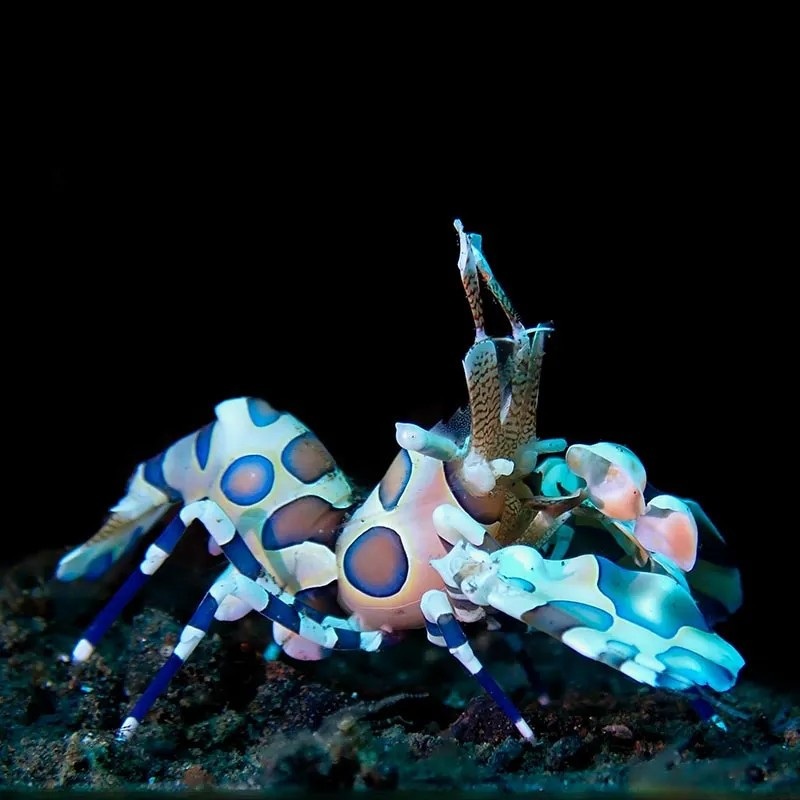
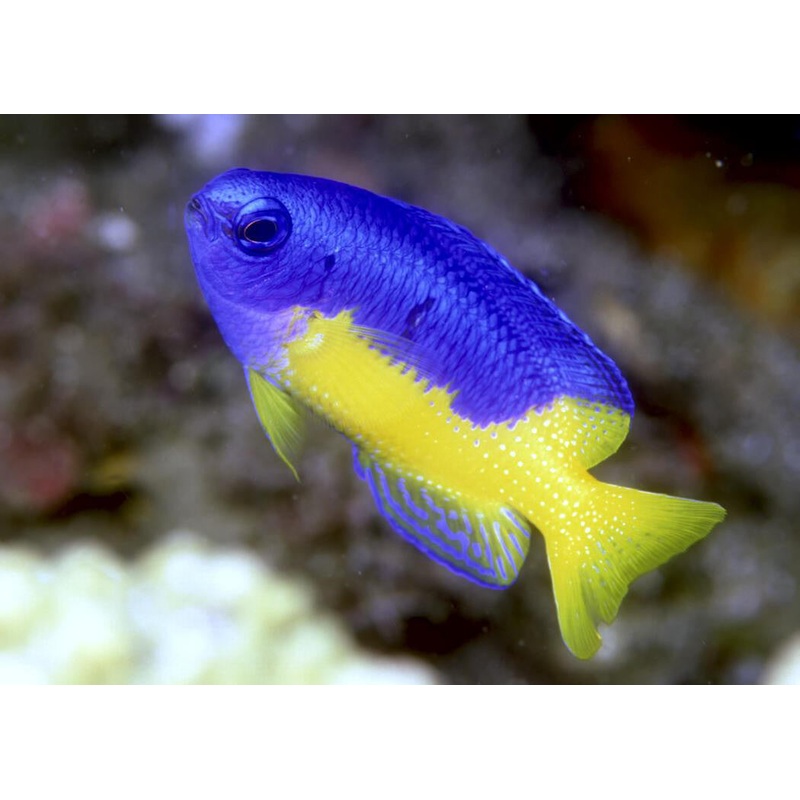
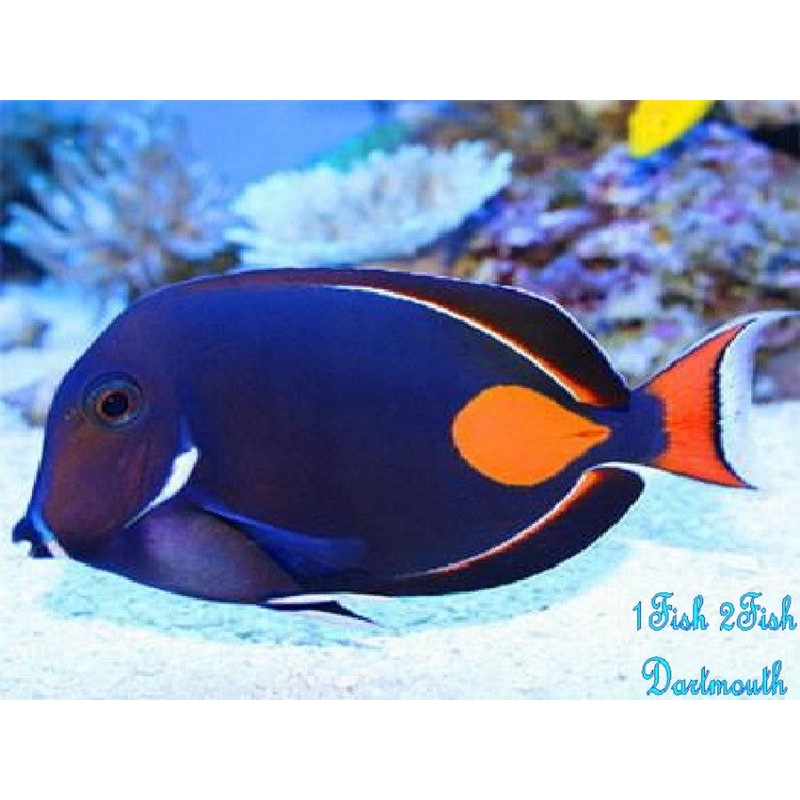
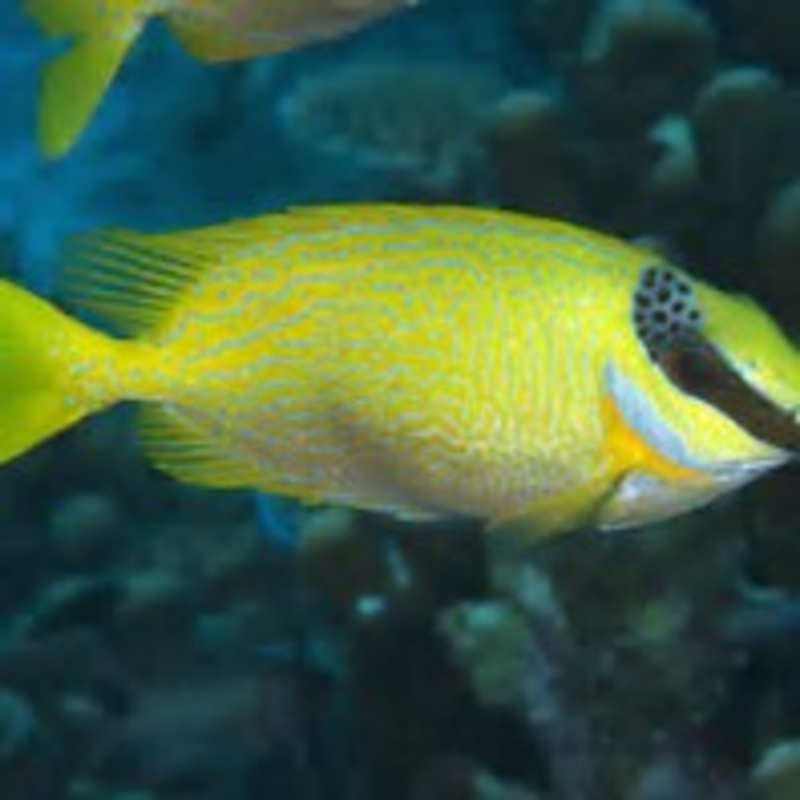
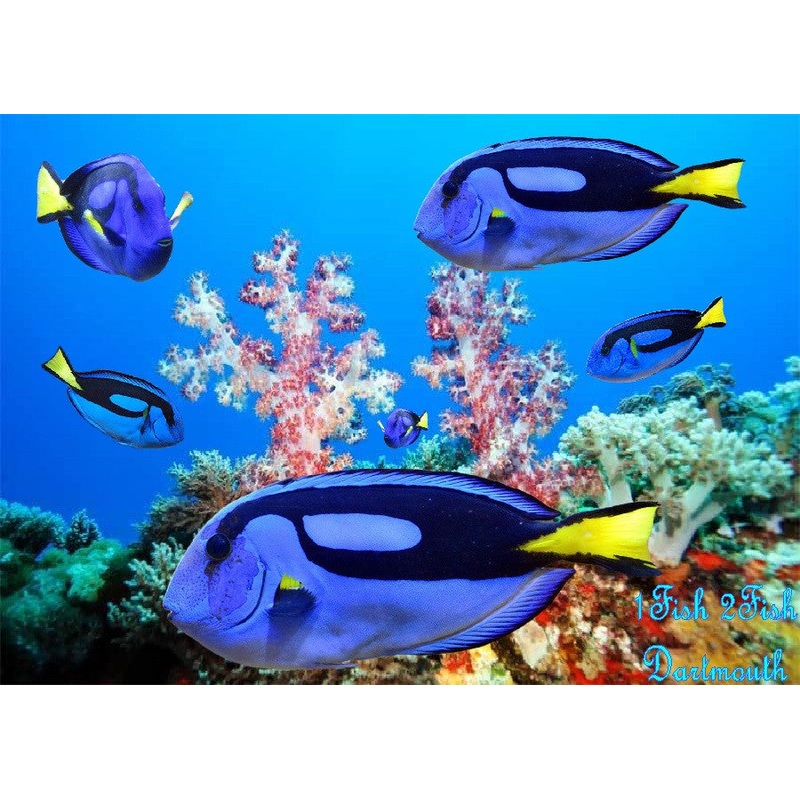
Reviews
There are no reviews yet.